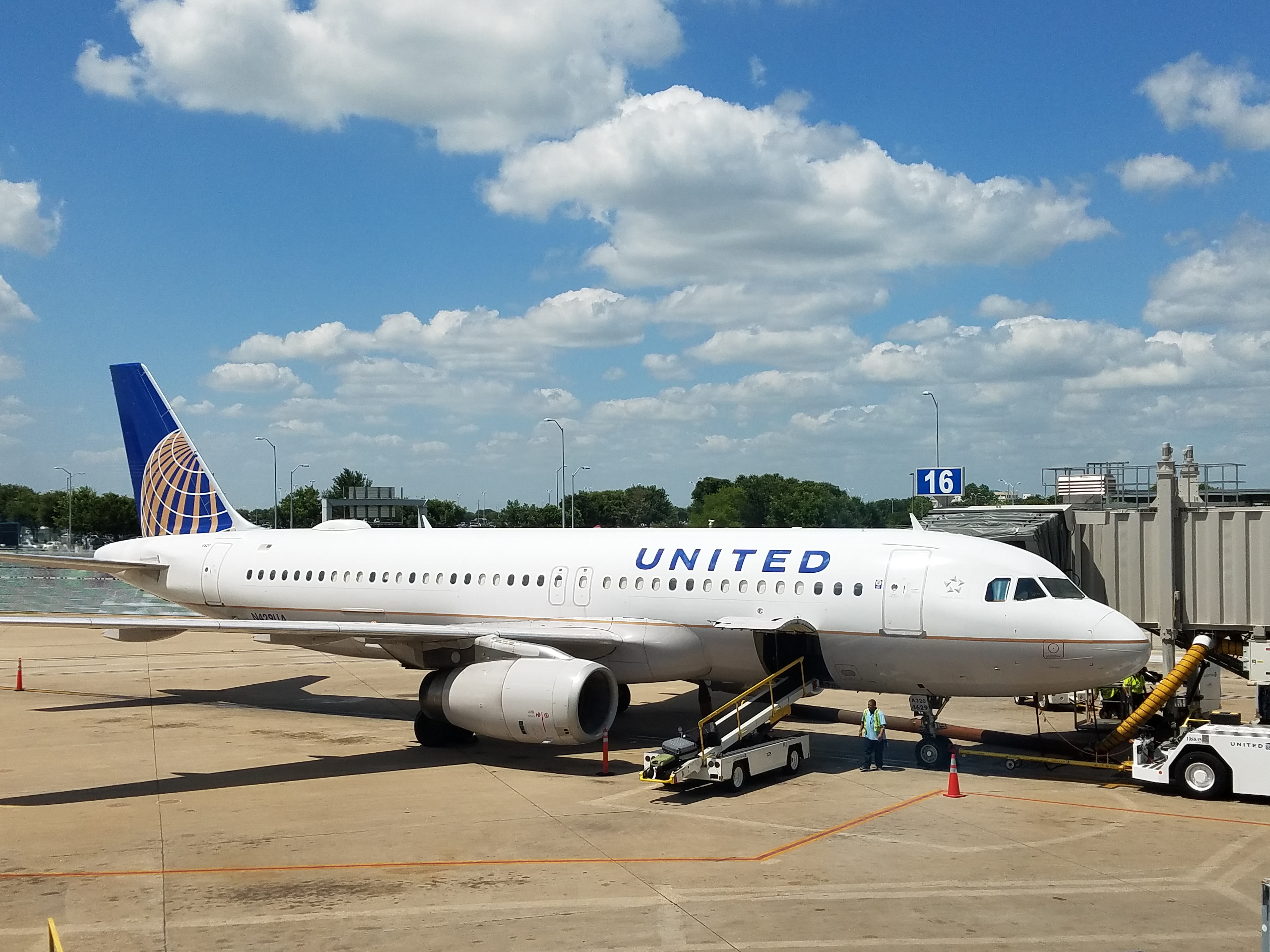United Airlines MileagePlus no longer has anything to do with miles at all. You no longer earn points based on distance flown. You no longer earn status based on distance flown. Award costs aren’t based on distance either.
With elite status now based on money spent they’ve put an end to “miles” completely.
While Delta is usually the leader in making customer-unfriendly changes in its marketing program, United actually has at least as long a history as Delta of wanting to move in this direction.
- In 1987 United made changes to its frequent flyer program to ‘better reward their highest value customers’ (although the changes were in fact bad for everyone.
- In 2003 Robert Sahadevan, who was responsible for Mileage Plus (and was later the Mileage Plus Vice President pushed out when Continental took over) told me that “for too long flyers have gotten more value out of the airline than their revenue was worth.” Sahadevan described the upgrades and bonuses received by 100,000 mile flyers who haven’t paid high fares as “an inefficiency in the system.”
That year United’s top tier elite systemwide upgrades were valid only on full fare tickets. United deemed that experiment a huge mistake and issued additional (“Sweet Spot”) certificates valid on any fare.
- United was actually first, in 2011, considering instituting minimum revenue requirements for elite status though it was left to Delta to actually go first.
- In 2012 United’s CFO called their elites “over-entitled”

While it feels like today the pace of change in loyalty is rapid and for the worse the truth is that the pace of change is actually slow and for the worse. In 2014 Air France was publicly talking about moving to a revenue-based program. Their changes took years, and their program is still better than Delta’s.
A conventional wisdom develops inside the industry, and the industry suffers from groupthink, but for the most part change takes a very long time. It wasn’t until 2017 when American Airlines CEO Doug Parker said he wished the loyalty currency had never even been called miles, grousing “American should have called them dollars instead of miles 36 years ago.” Jumping on the other latest fads (albeit late) he said at the same time he wanted AAdvantage miles “to be like bitcoin” an alternative currency that could be spent on anything.


Nice to see what airline executives think of loyal customers.
I think Million Miler is purely based on BIS miles on UA metal, I don’t think it counts other *A flights on the same ticket though, which is a bummer I could be wrong about that last part though
Thank god I dumped United & their program and the Chase credit card long ago
It’s amazing how awful they have become
Shocking in fact
Can’t argue with the executives. Look at AA for example. In some quarters they lose money per mile flown and it is usually the domestic flights which are unprofitable. These domestic flights comprise the majority of business spend by companies who pay for their employees’ airfare. On the long haul international flights which tend to be the most profitable most of the people who earned status on domestic business travel aren’t paying the high business class fares but are using upgrades from cheaper economy or at best PE fares or awards. American would be more profitable cutting domestic by 70% and focusing on the profitable domestic and international routes. That would be better than relying on their mileage program for profitability and it would allow them to extract more fair contracts with their employees. AA is too big to negotiate effectively with unions that hold it hostage because of its size.
PlusPoints will require the pass get to play Accountant. Flew 01/03/20 with requested 20 point upgrade and didn’t get the upgrade, no surprise. My trips on UA app says I was upgraded and deducted points. Spent way to much time w MP 1K agent, trying to get points redeposited. New MP pgm is being run by 3rd party so all inquires require being put on hold for UA/MP agent “to call” the administrator(s). 2 or 3 separate systems are running. It’s a mess. To top it s all off, my name never appeared on “View Flight” waitlist post checkin. Such a mess.
Gary… don’t forget TWA in 1998 was the first to go revenue-based as a secondary earning mechanism (“Fare Rewards”) for full-fare tickets, but they quickly abandoned the approach when there was a considerable TA backlash. At the time the concern was business travelers gaming the system and violating corp travel policies, but it really was ahead of its time.
Your opening sentence, “United Airlines MileagePlus no longer has anything to do with miles at all.”, is simply false.
1. Miles remain the currency for awards and upgrades. You receive miles based on revenue and redeem miles for tickets and upgrades.
2. You accumulate lifetime miles purely on BIS miles you fly. This is the purest type and description of miles, without the various bonus miles you could earn from credit cards or other non-flying purchases.
I wonder how you could justify to make such an erroneous statement. It seems to indicate that you really like to exaggerate situations to attract eyeballs, even if your statement is unquestionably untrue.
@scientist – I explain why my statement is true. They call them miles but that’s now just a made up name, with no basis in reality. Call them points, fine.
So the lifetime million miler awards in MileagePlus have nothing to do with miles?